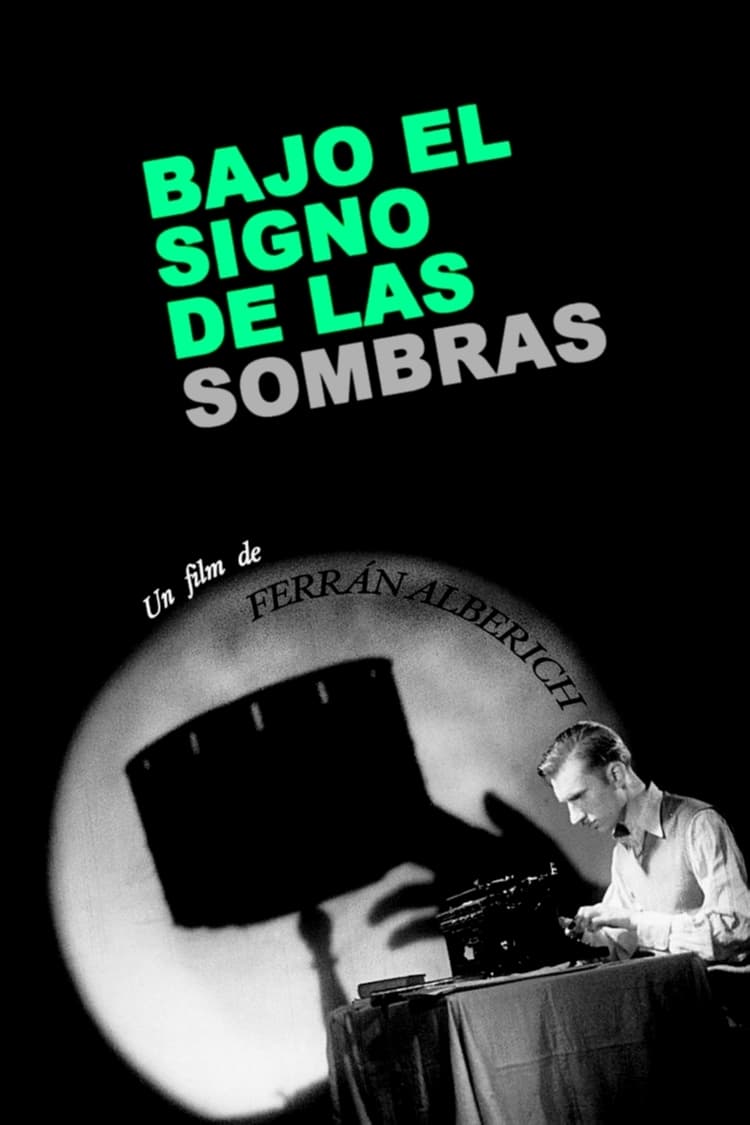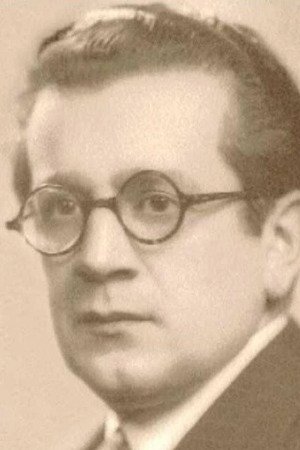
Carlos Serrano de Osma
Carlos Serrano de Osma (Madrid, January 16, 1916-Alicante, July 26, 1984) was a Spanish film and television critic, director and screenwriter. A film critic in Spain in the 1930s, he ventured into directing in the midst of the Spanish post-war period, 1947, with three films that represented a break with the Spanish cinema of the time: Abel Sánchez, based on the novel by Miguel de Unamuno, with novel forms in both narrative and framing; La sirena negra, based on the novel of the same name by the writer Emilia Pardo Bazán and considered by some critics his best work, and, in 1948, Embrujo, with his own script and the presence on stage of Manolo Caracol and Lola Flores, with a clear surrealist content that was definitely "a challenge to the mentality of producers and censors", even for the public, and whose value was not recognized until it was awarded thirty-four years later, at the Seville Film Festival in 1982. Serrano de Osma continued directing films until the 1960s, -La rosa roja was his last film-, but he gave up, as he said, "because I couldn't find any stimulus for it and I became discouraged". He continued in the world of cinema as a scriptwriter, with incursions also in television; he was a professor at the Film School in Madrid and also in Rome.
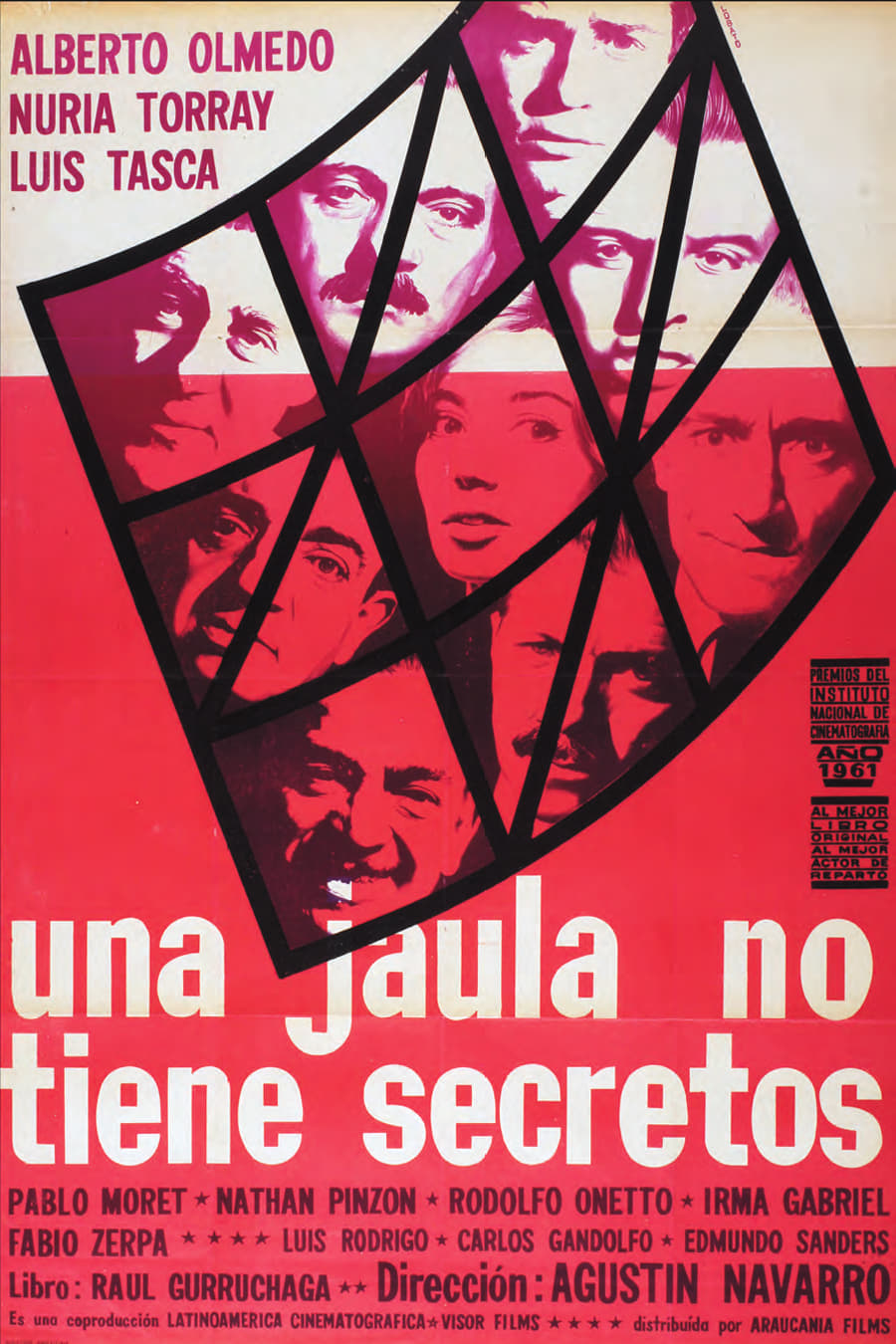
Una jaula no tiene secretos
(Delegated Producer)
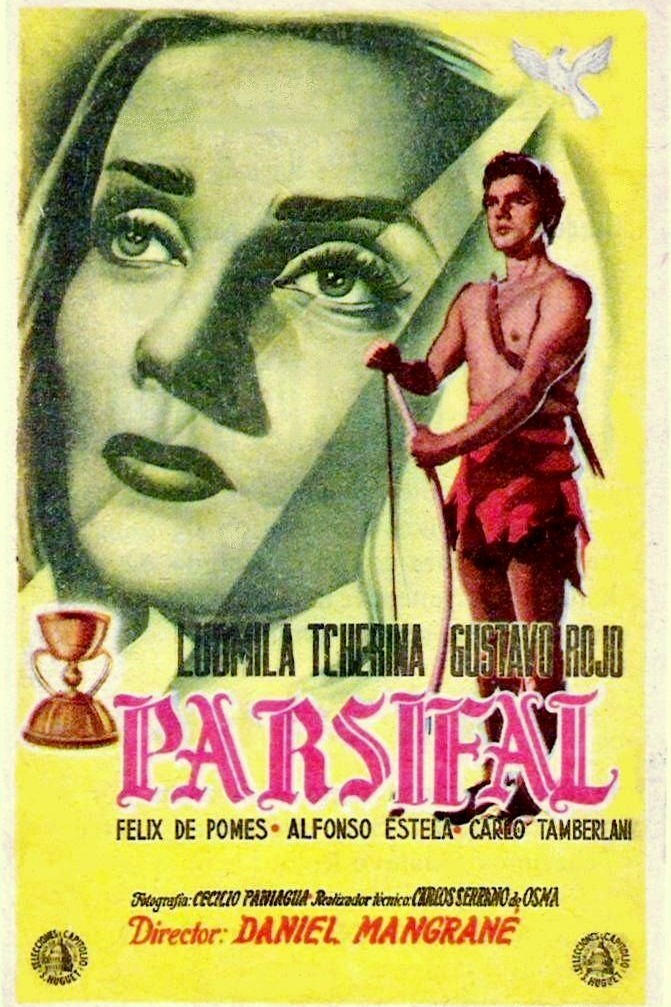
The Evil Forest
(Screenplay)

The Evil Forest
(Co-Director)
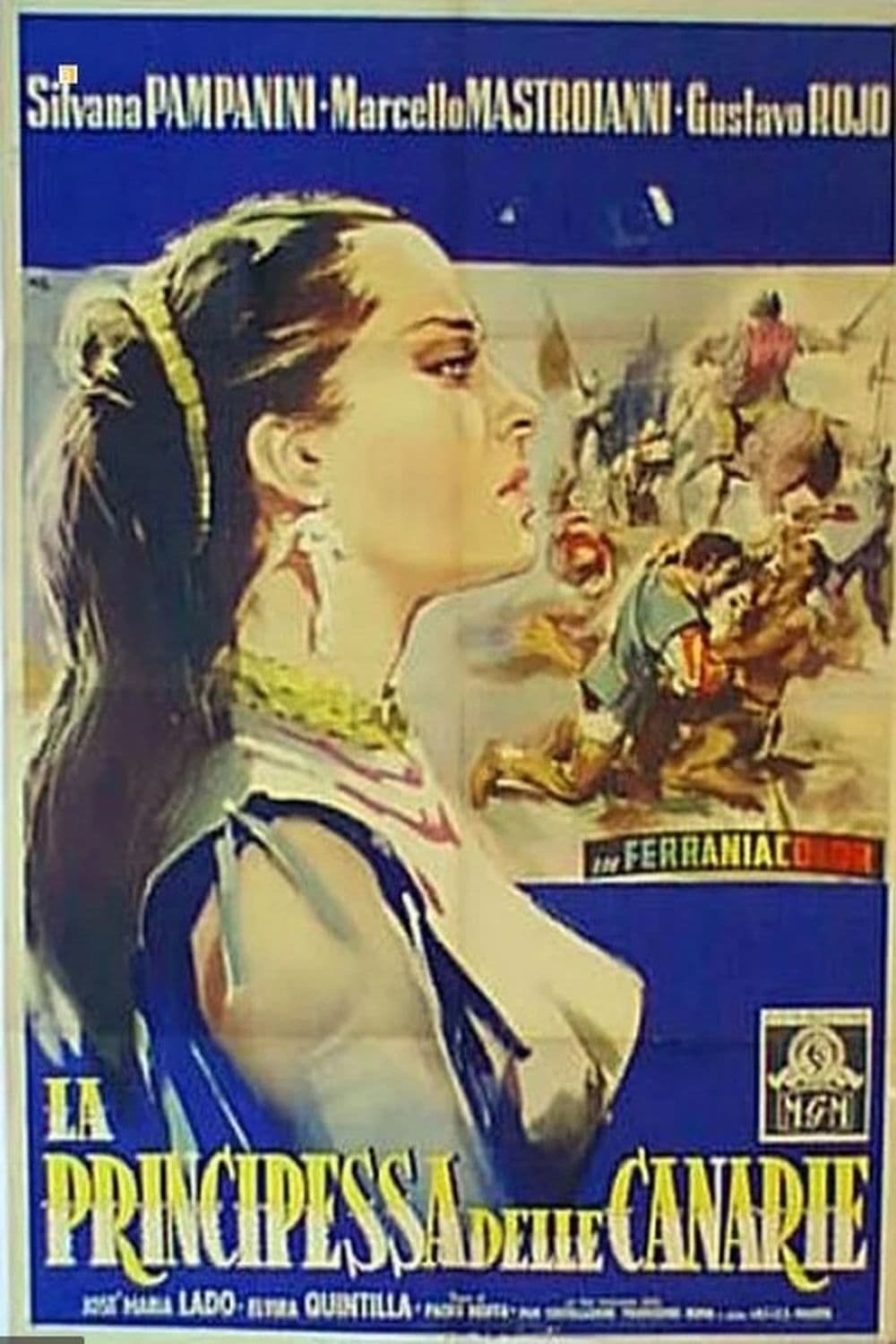
The Island Princess
(Writer)
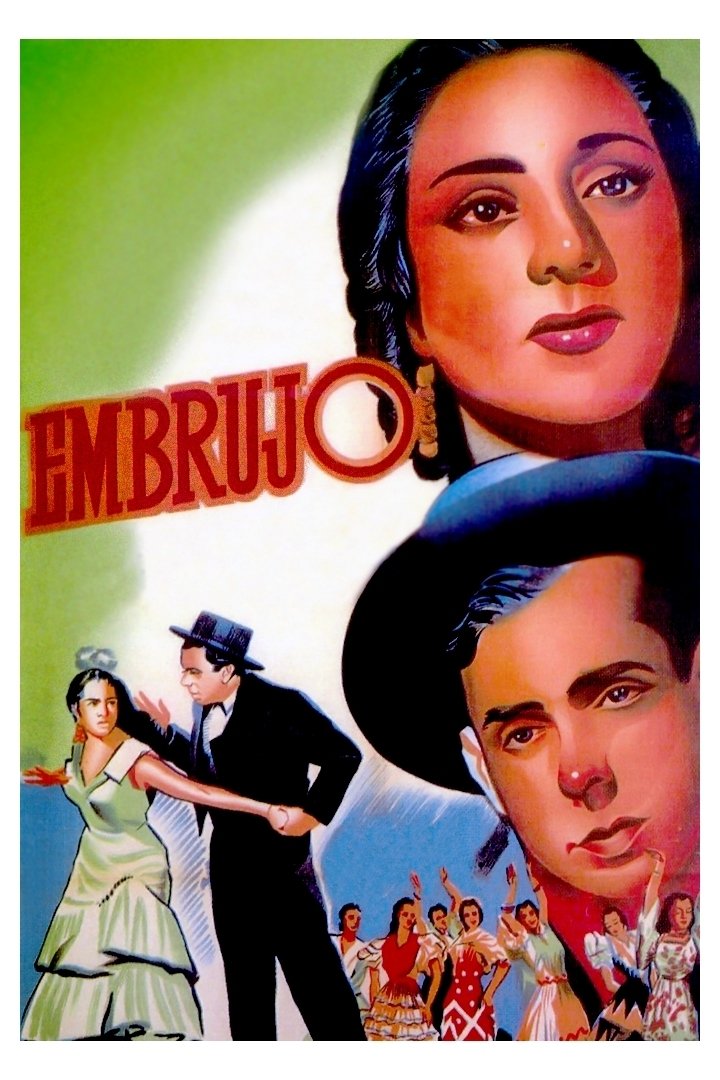
Embrujo
(Director)
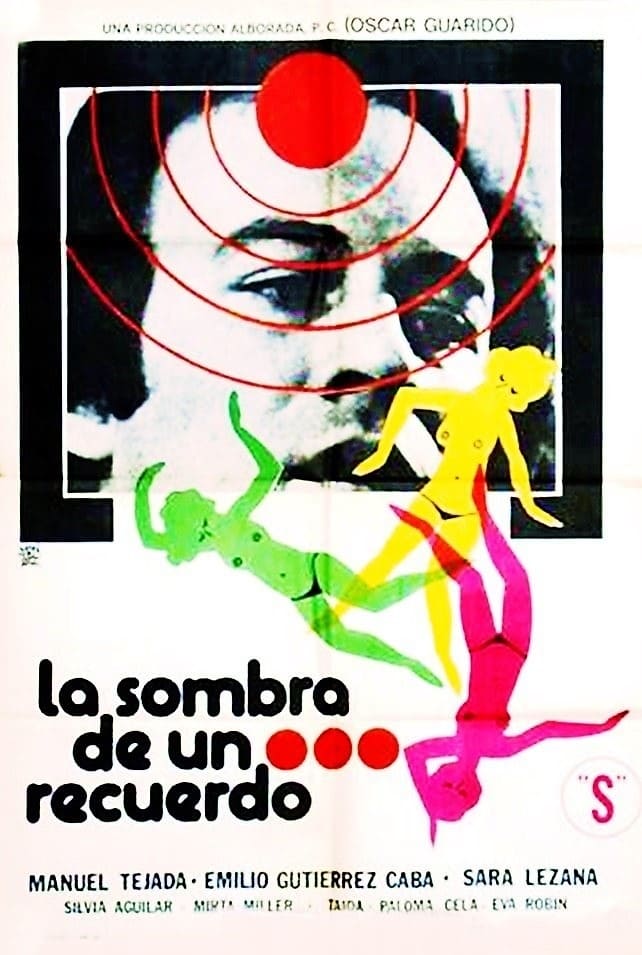
The Shadow of a Memory
(Story)

Abel Sánchez
(Director)
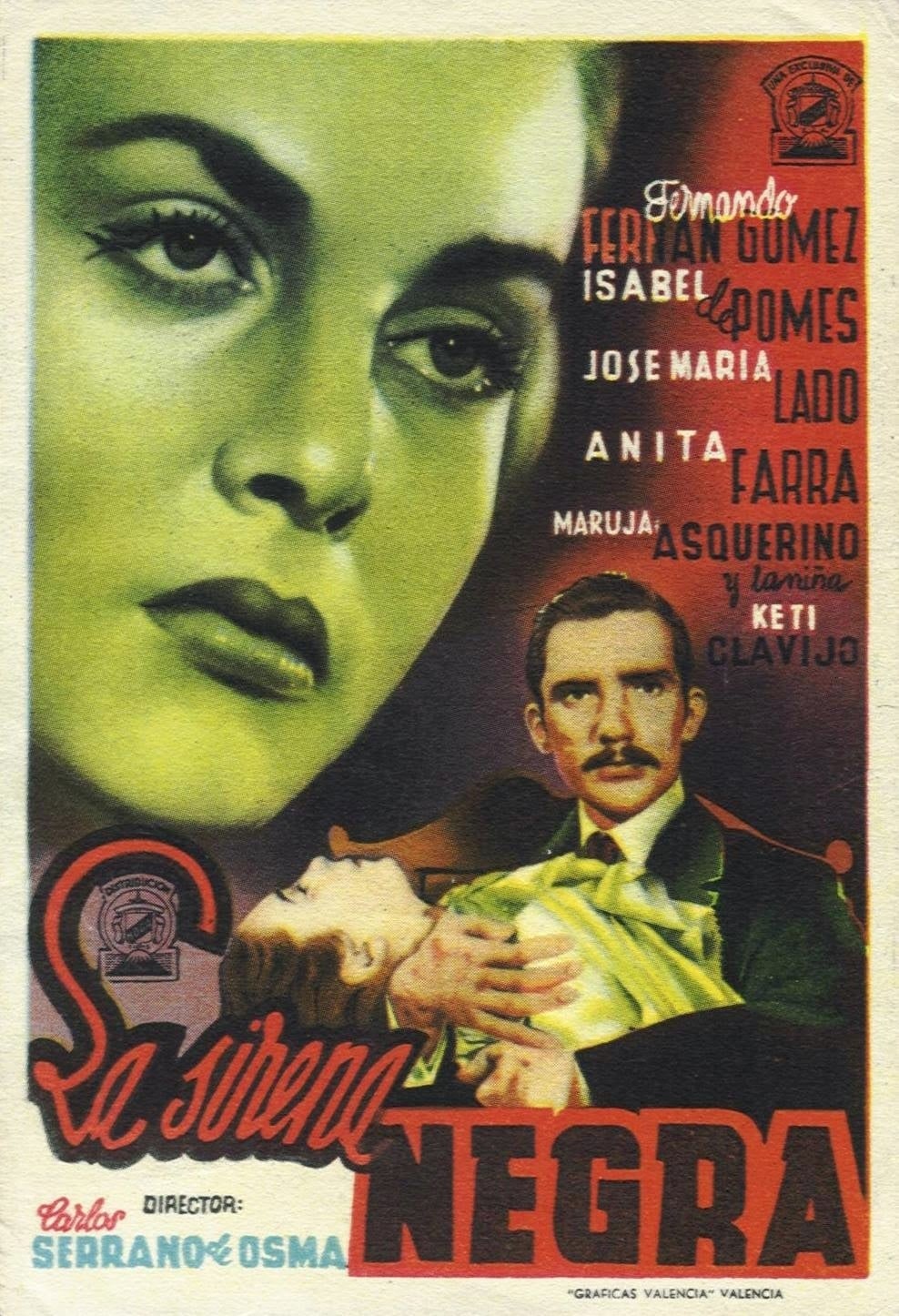
La sirena negra
(Director)

La sirena negra
(Writer)
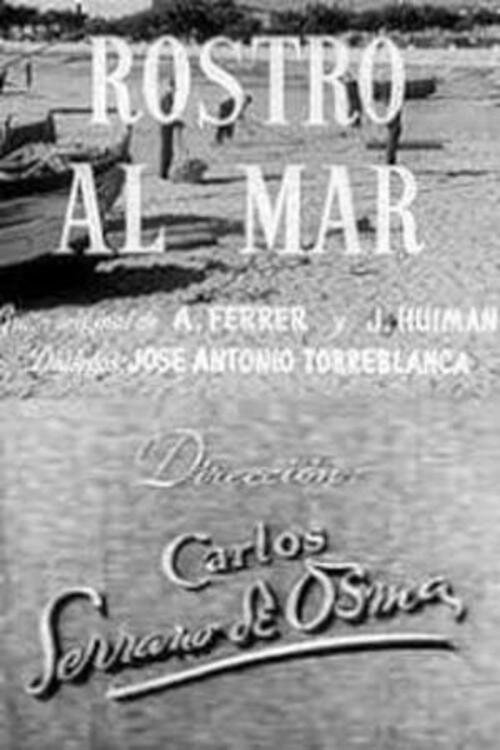
Rostro al mar
(Director)
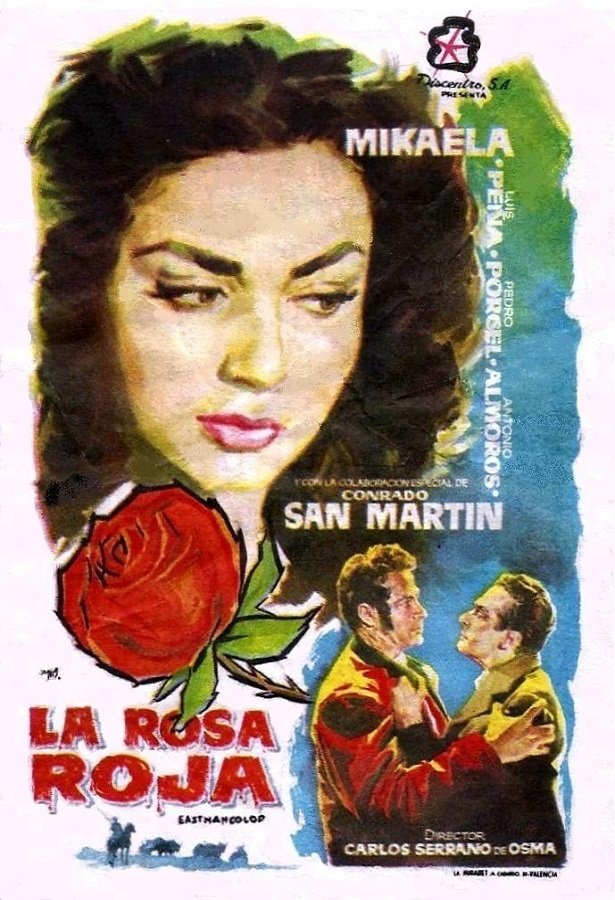
La rosa roja
(Director)

Embrujo
(Writer)
